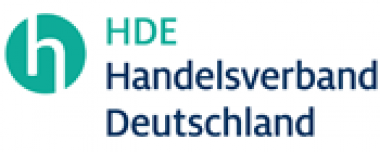2nd edition of “Best of Bangladesh in Europe”
The 2nd edition of Best of Bangladesh in Europe is set to take place on April 17-18, 2025, at Beurs van Berlage in Amsterdam. Organized by Bangladesh Apparel Exchange (BAE) and powered by PDS Limited, the event is held in association with The City Bank PLC, Bangladesh, and KDS Group, with the support of the Ministry of Foreign Affairs (MoFA) and Bangladesh Investment Development Authority (BIDA).
Visitors will have the chance to discover 50 leading companies across 8 industries, each presenting innovative solutions in sustainability, circularity, and transparency. Across the two days, the event will feature a grand opening ceremony, insightful panel discussions, dynamic exhibitions, and inspiring fashion shows, offering a comprehensive glimpse into Bangladesh’s evolving business landscape.
The event will also feature 40+ global speakers and expects to welcome over 1,500 participants, making it a landmark platform for meaningful dialogue, collaboration, and partnership building.
Exhibitors: 4A Yarn Dyeing Ltd, Brain Station 23, BJIT Group, Bondstein Technologies Ltd, City Bank PLC, Bangladesh, Centrotex Ltd, Cyclo, Delmas Apparels Pvt Ltd. Designer Fashion Ltd. Fakir Group, KDS Group, Knit Asia Ltd, Leatherina Pvt Ltd, Mapped In Bangladesh (MiB), Nourish Feeds Limited, Noize Jeans, Paddock's Jeans, Pacific Jeans Ltd, PDS Limited, Pacific Knitex Ltd. Paragon Group, Reverse Resource, Rising Group, Shin Shin Apparels Ltd, Shangu Tex Ltd. Turjo Tex Ltd, Tarango.
Bangladesh Apparel Exchange

































